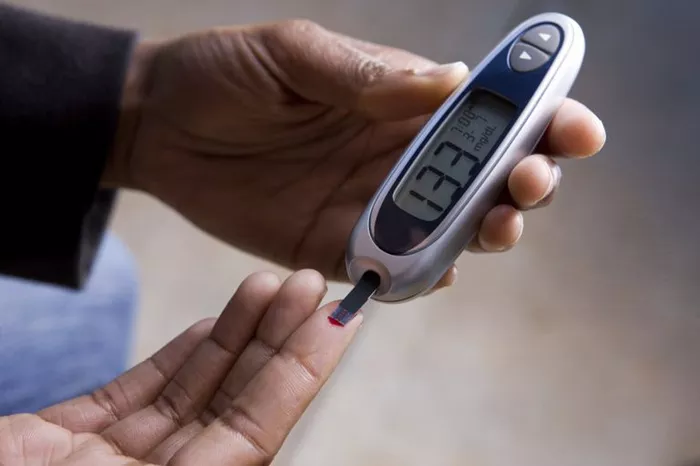Madrid, Spain (Sep 10, 2024) – Limiting the daily eating window to just eight hours can substantially improve blood glucose control in adults at risk of type 2 diabetes, regardless of whether this window occurs earlier or later in the day. This finding comes from a randomized crossover trial, set to be presented at the Annual Meeting of The European Association for the Study of Diabetes (EASD) in Madrid from September 9-13.
The study, led by Dr. Kelly Bowden Davies of Manchester Metropolitan University, UK, demonstrated that an eight-hour eating window significantly increases the time spent in normal blood glucose ranges while reducing fluctuations in blood glucose levels. “Restricting eating to an eight-hour window daily notably improved glycemic control, but shifting this window earlier or later didn’t provide additional benefits,” Dr. Bowden Davies stated.
Dr. Bowden Davies further noted that these improvements could be attributed to the extended 16-hour fasting period rather than the specific timing of the eating window or changes in caloric intake. “Our findings highlight that the benefits of time-restricted eating can manifest in as little as three days. Despite the growing popularity of time-restricted eating (TRE), no prior studies have meticulously controlled diets while varying the clock time of an eight-hour eating window to assess its effects on glycaemic control in individuals at risk of type 2 diabetes,” she added.
Earlier research has suggested that TRE, which limits the timing but not the content of meals, can enhance insulin sensitivity and lower glycated hemoglobin (HbA1c) levels, a marker of average blood sugar over several weeks to months. However, the impact of TRE on glycemic variability, characterized by fluctuations in blood glucose levels, remained unclear. Previous studies have often credited TRE’s positive effects to reduced energy intake. This study aimed to isolate the impact of meal timing on glycemic control under conditions of energy balance, where energy intake matches energy expenditure.
The trial involved 15 sedentary adults (9 females, 6 males; average age 52 years; BMI 28 kg/m²; HbA1c 37.9 mmol/mol), all of whom typically ate over a span of more than 14 hours daily. Participants were randomly assigned to two different eating patterns for three days each: an early eating window (ETRE; 8:00 am to 4:00 pm) and a late eating window (LTRE; 12:00 pm to 8:00 pm). Both phases were conducted under a controlled eucaloric diet consisting of 50% carbohydrates, 30% fat, and 20% protein. During the habitual eating phase, participants consumed their usual diets, spanning over 14 hours per day.
Continuous glucose monitoring was employed to evaluate the time participants spent in euglycemia (normal blood glucose levels of 3.9-7.8 mmol/l) and to measure glycemic variability using indicators such as mean absolute glucose (MAG), coefficient of variation (CV), and mean amplitude of glucose excursions (MAGE).
The analysis revealed that compared to the habitual eating pattern, TRE (restricted to 8 hours) led to a 3.3% increase in time spent within the normal blood glucose range and reduced markers of glycemic variability: MAG decreased by 0.6 mmol/l, CV by 2.6%, and MAGE by 0.4 mmol/l. Notably, there were no significant differences in glycemic control between the ETRE and LTRE regimens.
“Calorie counting can be challenging for many people to maintain in the long term, but our study suggests that simply timing meals within an eight-hour window might be an effective way to improve blood glucose control in those at risk for type 2 diabetes, regardless of when they choose to eat during the day,” Dr. Bowden Davies concluded. She emphasized the need for larger and longer-term studies to further explore these findings.
[inline_related_posts title=”You Might Be Interested In” title_align=”left” style=”list” number=”6″ align=”none” ids=”12305,12299,12239″ by=”categories” orderby=”rand” order=”DESC” hide_thumb=”no” thumb_right=”no” views=”no” date=”yes” grid_columns=”2″ post_type=”” tax=””]
































